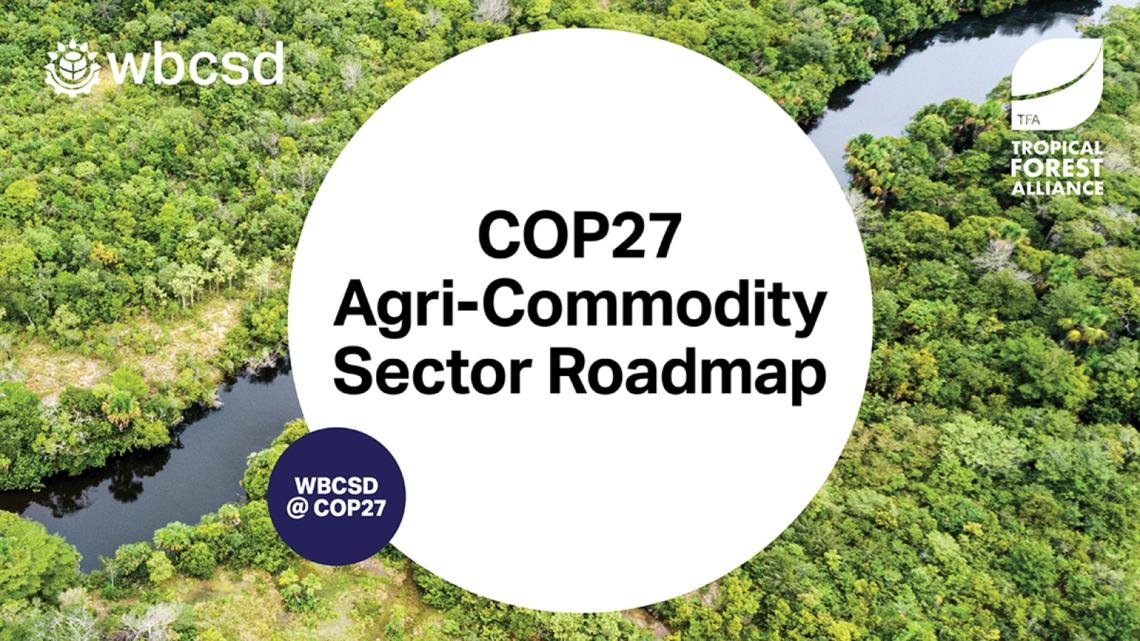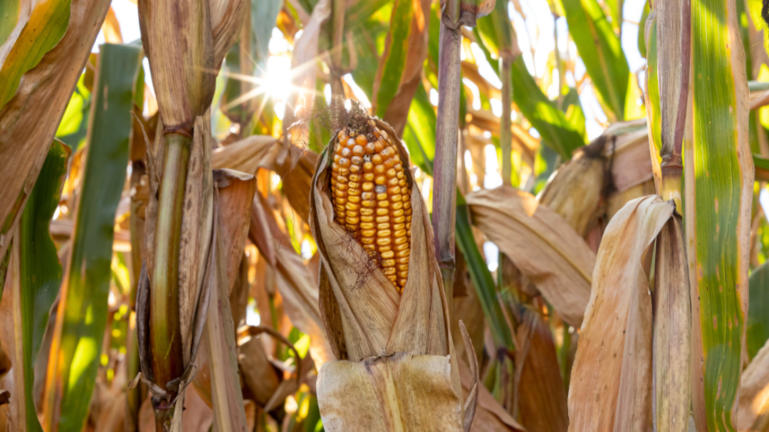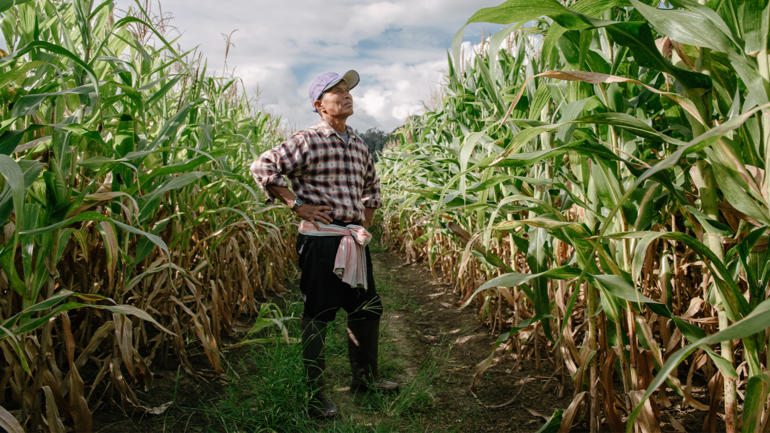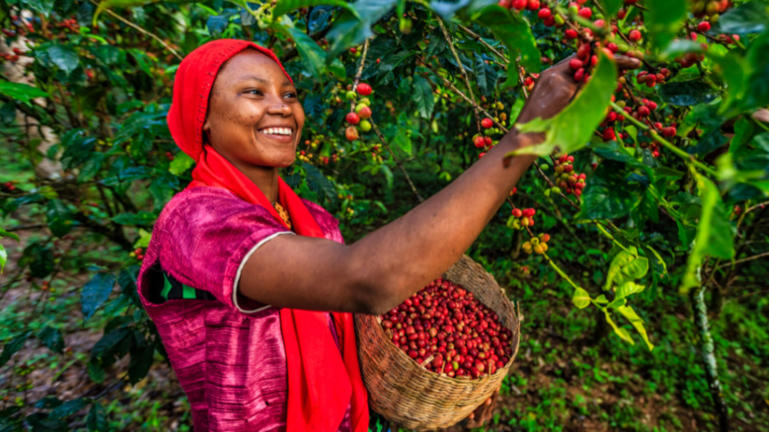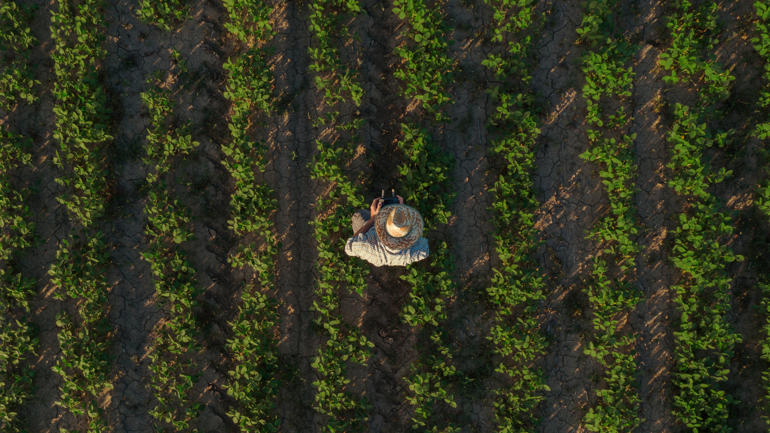Sharm el-Sheikh, 7 November 2022: Fourteen of the world’s leading agri-commodity companies have today set out a shared roadmap outlining how they will work towards reducing emissions from land use change.
Food and land use systems account for around a third of all greenhouse gas emissions and it is land use change, such as clearing forests to make way for farms, that drives these emissions. To address this critical issue, the CEOs of leading agri-commodity companies committed – at COP26 in Glasgow – to developing a shared roadmap focused on reducing emissions from land use change.
The Agriculture Sector Roadmap to 1.5°C, released at COP27 in Egypt, represents a sector-wide plan for addressing forest loss in supply chains and accelerating collaboration with others to achieve that goal.
The roadmap sets out sectoral plans for cattle, soy and palm oil – the production of which is a leading driver of forest loss – to ensure that actions concentrate on areas where they will have the most impact. It also outlines how signatories will engage and collaborate with other stakeholders, namely governments, supply chain actors and financial institutions, for wider support of the roadmap’s commitments. This includes strengthening policies and regulations and incentivizing farmers and ranchers to protect natural resources.
Over the past year, the Tropical Forest Alliance, with support from the World Business Council for Sustainable Development, has facilitated the process for agricultural commodity companies to develop the roadmap. It commits them to implement time-bound plans and report publicly on their progress towards the targets on an annual basis.
Jack Hurd, Executive Director, Tropical Forest Alliance, said: “The world relies on the roadmap’s fourteen signatories to feed a growing global population, while keeping climate goals in reach and ensuring sustainable livelihoods for farmers and ranchers. Fundamental change is required across the entire food system to support more sustainable production. Companies have already made significant progress, and this roadmap is the next part of that journey. It represents a major step forward for signatories in the fight against forest loss. However, the roadmap is one component of a much broader system: governments, the financial community, civil society organizations, and other food and agricultural supply chain stakeholders all have a key role to play in supporting the industry to meet its sustainable land-use commitments.”
Diane Holdorf, Executive Vice President Pathways, World Business Council for Sustainable Development, said: “For 9+ billion people to live well and within planetary boundaries by 2050, we must create a regenerative and equitable food system that produces healthy, safe and nutritious food for all. Eliminating commodity-driven deforestation and conversion is a critical part. This Roadmap demonstrates how agri-commodity companies are taking specific actions to halt deforestation. WBCSD is supporting companies along the supply chain to accelerate actions consistent with a 1.5 degree Celsius food pathway.”

